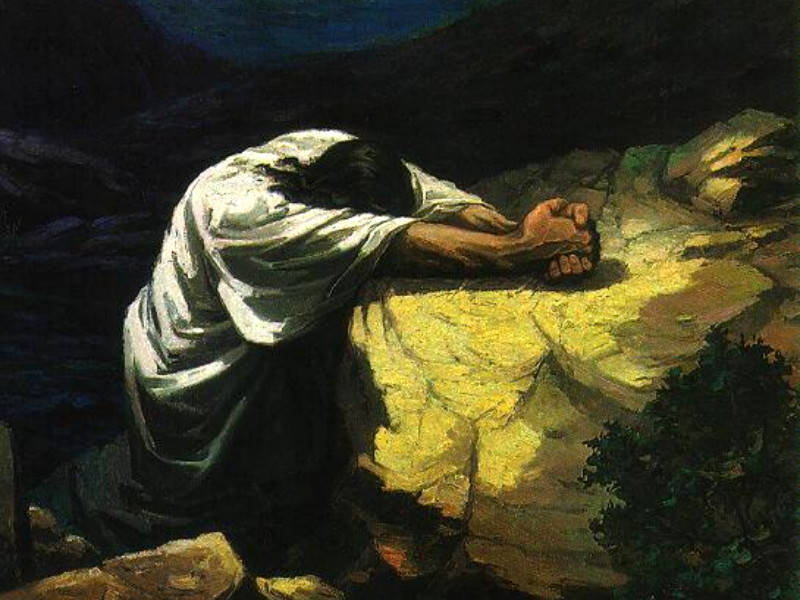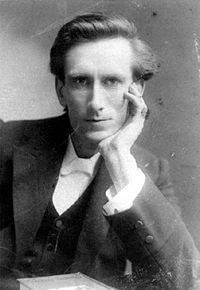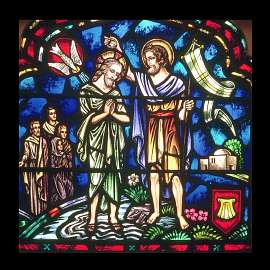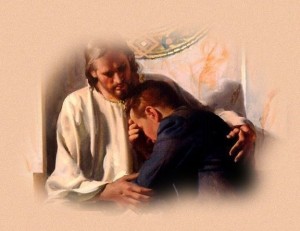
On Saturday, October 18th, 2008, St. Michael’s Seminary, Central Gulf States held it’s first session for the course, Christian Preaching. As a teaching method, I preached a “model” sermon to illustrate principles taught in Bryan Chapell’s book, Christ-Centered Preaching. My sermon addresses a need in every believer’s life: how can I have a ministry that affects lives and changes hearts?
Supernatural Ministry:
Life-Transforming Ministry to a World Scarred and Marred by Sin:
An Exposition of Psalm 23
Canon Glenn E. Davis
Proposition: What is supernatural ministry? What constitutes a vibrant personal ministry? Specifically, how can I have an effective ministry that changes lives and gives hope to the hurting?
Fallen Condition Focus: We all struggle in ministry: What do we say? How do we say it? Can we say anything that would change a life? Yes, we can meet Christ and through us, He can change lives.
Illustration: Johannes Tauler was broken by God of his arrogance and pride; as a result, become a vessel for God’s use: a life poured out without reserve to God.
‘Master Tauler,’ he [i.e., Nicholas of Basle] said, ‘you must die!’ ‘Die,’ said the popular Strasburg preacher, ‘what do you mean?’ The next day Nicholas came again and said: ‘John Tauler, you must die to live.’ ‘What do you mean?’ said Tauler. ‘Get alone with God,’ said Nicholas, ‘leave your crowded church, your admiring congregation, your hold on this city. Go aside to your cell, be alone and you will see what I mean.’ His plain speaking at first offended Tauler, and his resentment only proved how accurate was the diagnosis at which Nicholas has arrived. Tauler was a long time coming to the end of himself.
Johannes Tauler cited in J. Gregory Mantle, Beyond Humiliation: The Way of the Cross (Minneapolis, MN: Bethany Publishers, 1975), 143.
Definition: Brokenness is a heart yielded to God; ready and willing to obey the Holy Spirit whenever and wherever He directs. Brokenness is a work of grace achieved by the Cross and established by the Holy Spirit. “By nature we are so strong, so able to think and plan and do, and God must bring us to the place of weakness, the place where we cannot think or plan or do apart from him.” (2 Cor. 5:14-15).
Watchman Nee, Changed Into His Likeness (Wheaton, IL: Tyndale, 1987), 128.
Definition: Consecration is the abandonment of my life without reserve to the loving purposes of God. A conviction held deep within my being that my life is God’s. I do not reserve from Christ’s Lordship any rights, gifts, possessions, relationships, or privileges. “The whole man must make the decision before the heart can know any real satisfaction. God wants us all, and He will not rest till He gets us all. No part of the man will do” (Phil. 3:7-9).
A. W. Tozer, The Pursuit of God (Harrisburg, PA: Christian Publications, 1984), 107.
Testimony: In my own life, the Holy Spirit brought me to a place of utter and complete surrender. After years of being in trapped in dread of people and events, the Lord brought me to the end of myself. The Lord spoke, “Do you love me more than your fears” and that night I came to Christ. I knew that I could not go on being in bondage to fear. Â He gave me grace to overcome my fears and live for him. At that moment, I surrendered and met Christ as my Shepherd-the warrior king of my heart.
When the Holy Spirit brings us to that place of utter surrender, then and only then, are we able to understand the truth of supernatural ministry found in Psalm 23.
Read the entire sermon here: supernatural-ministry-sermon .








